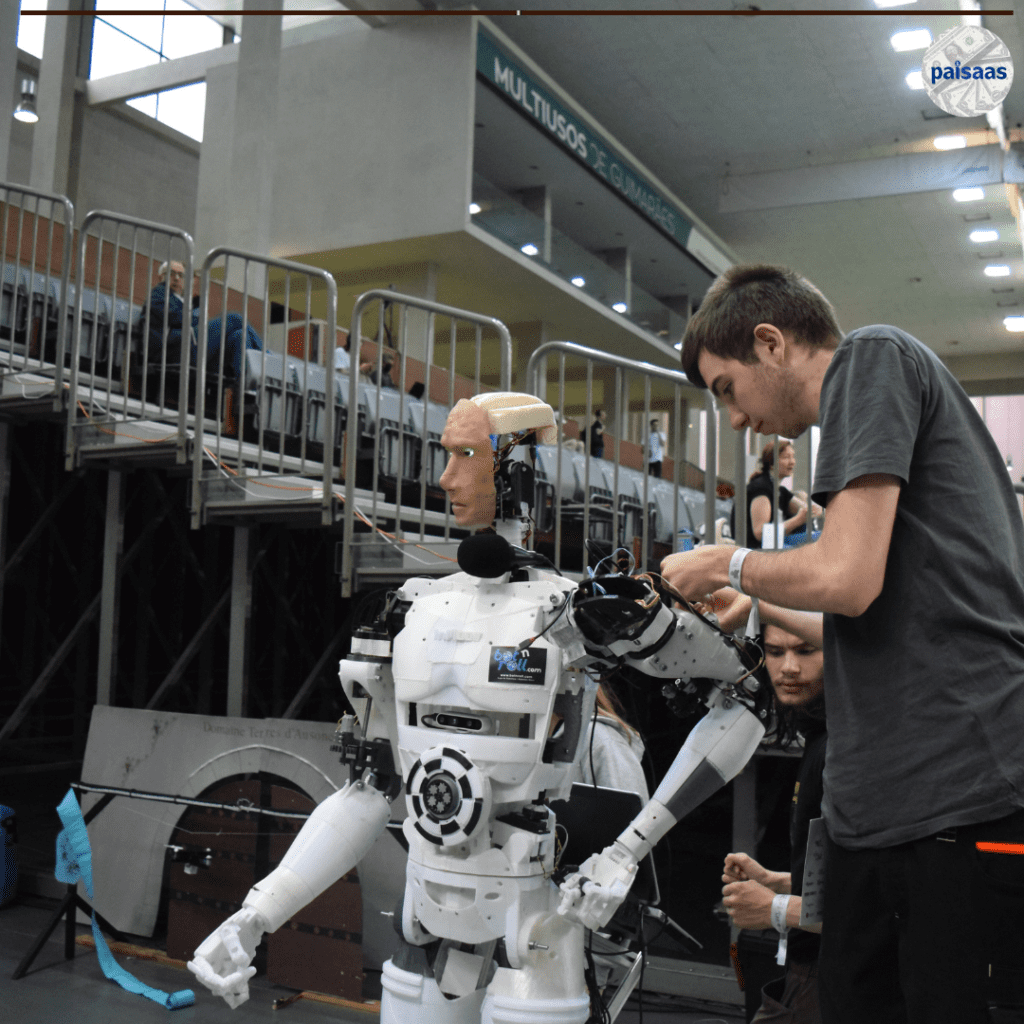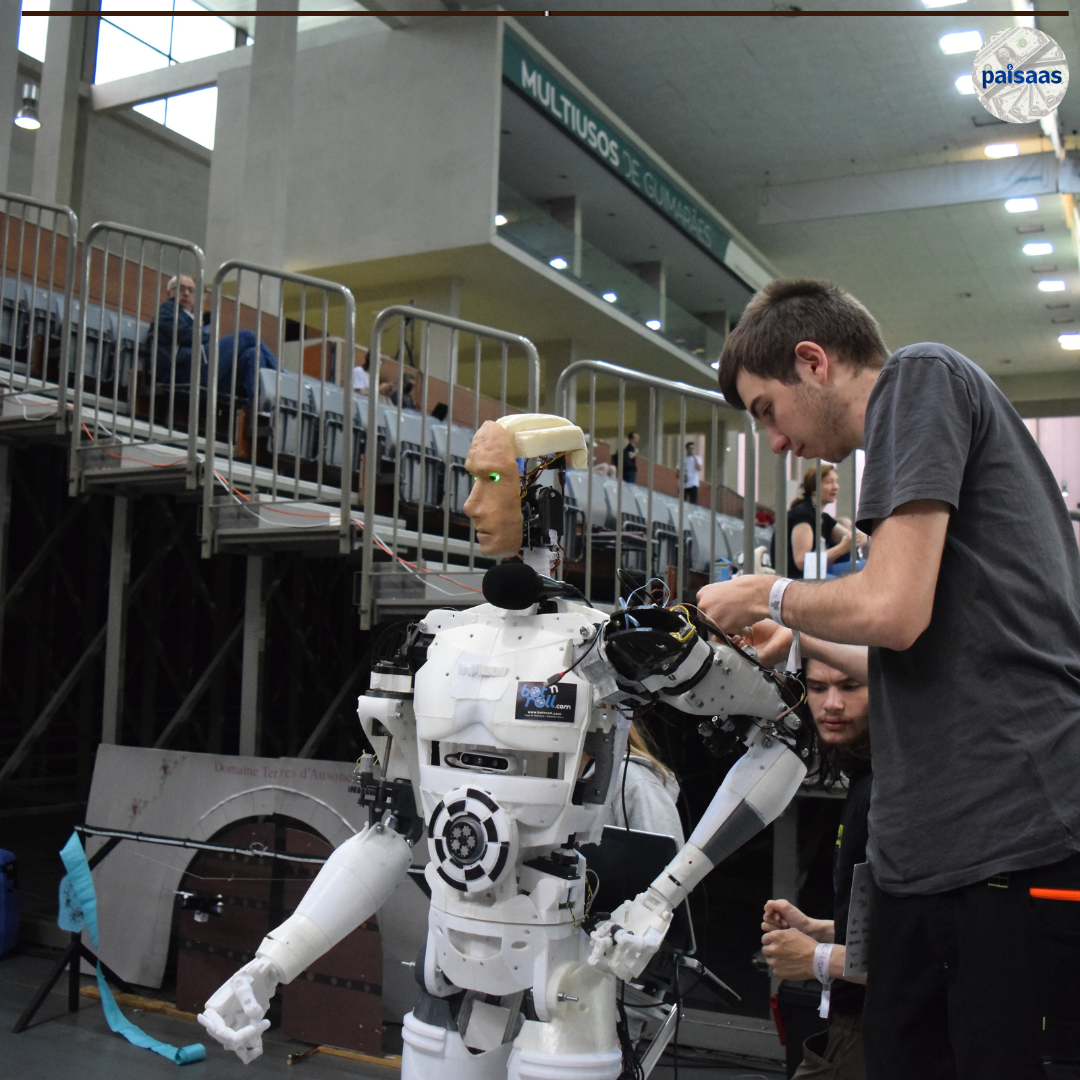

Harnessing the Power of AI: Revolutionizing Climate Change Mitigation, Impact Prediction, and Scenario Modeling
Harnessing the Power of AI: Revolutionizing Climate Change Mitigation, Impact Prediction, and Scenario Modeling
Climate change is one of the most pressing challenges of our time, requiring innovative solutions to mitigate its effects and plan for a sustainable future. In recent years, Artificial Intelligence (AI) has emerged as a powerful tool in the fight against climate change. AI algorithms and technologies have the potential to revolutionize our ability to mitigate climate change, predict its impacts, and model different scenarios. By leveraging the capabilities of AI, we can unlock new insights, optimize resource allocation, and drive effective decision-making for a more sustainable world.
One of the key applications of AI in climate change is in mitigation efforts. AI-powered systems can analyze vast amounts of data from various sources to identify patterns, optimize energy usage, and reduce greenhouse gas emissions. For instance, machine learning algorithms can analyze energy consumption data to identify inefficiencies and recommend energy-saving measures for buildings, transportation systems, and industrial processes. These insights enable targeted interventions to reduce carbon footprints and promote sustainable practices.
AI can also play a crucial role in predicting the impacts of climate change on different sectors and geographical regions. By analyzing historical data, climate models, and real-time environmental monitoring, AI algorithms can generate predictive models that help anticipate the potential consequences of climate change. This enables policymakers, urban planners, and businesses to develop adaptive strategies, improve resilience, and mitigate risks in sectors such as agriculture, water management, infrastructure planning, and disaster response.
Furthermore, AI technologies can assist in scenario modeling, allowing stakeholders to explore different future scenarios and assess their potential impacts. By incorporating data on population growth, economic trends, technological advancements, and climate projections, AI models can simulate and evaluate the outcomes of various policy interventions and mitigation strategies. This helps policymakers and decision-makers make informed choices and prioritize actions that lead to a sustainable and low-carbon future.
AI-driven innovations such as smart grids and demand response systems also contribute to climate change mitigation efforts. By integrating AI algorithms into energy distribution networks, these systems can optimize energy generation, storage, and distribution, maximizing the utilization of renewable energy sources while minimizing waste. AI algorithms can dynamically balance energy supply and demand, helping to reduce reliance on fossil fuels and promote the integration of renewable energy into the grid.
Moreover, AI technologies are instrumental in improving climate change monitoring and early warning systems. Through satellite imagery, remote sensing, and data analytics, AI algorithms can detect and monitor changes in ecosystems, deforestation, sea levels, and weather patterns. This data-driven approach enhances our understanding of climate change dynamics and provides timely information for decision-making, disaster preparedness, and adaptive strategies.
While AI holds immense potential in addressing climate change, it is essential to consider its ethical implications and potential drawbacks. Ensuring transparency, fairness, and accountability in AI algorithms and decision-making processes is crucial to avoid unintended consequences and biases. Additionally, data privacy and security must be safeguarded when collecting and analyzing sensitive environmental data.
Collaboration between AI experts, climate scientists, policymakers, and stakeholders from different sectors is vital for the successful integration of AI in climate change mitigation efforts. Partnerships can foster the development of AI-driven solutions, facilitate data sharing, and promote the adoption of sustainable practices across industries and communities.
Conclusion
In conclusion, AI is a game-changer in the fight against climate change. By leveraging AI technologies, we can revolutionize climate change mitigation efforts, predict its impacts, and model different scenarios. From optimizing energy usage to predicting climate change impacts on various sectors, AI-driven innovations provide valuable insights and tools for decision-making and sustainable planning. However, it is crucial to approach the implementation of AI in climate change initiatives responsibly, considering ethical considerations and fostering collaboration. With the power of AI, we can drive meaningful change, mitigate the effects of climate change, and create a sustainable future for generations to come.




